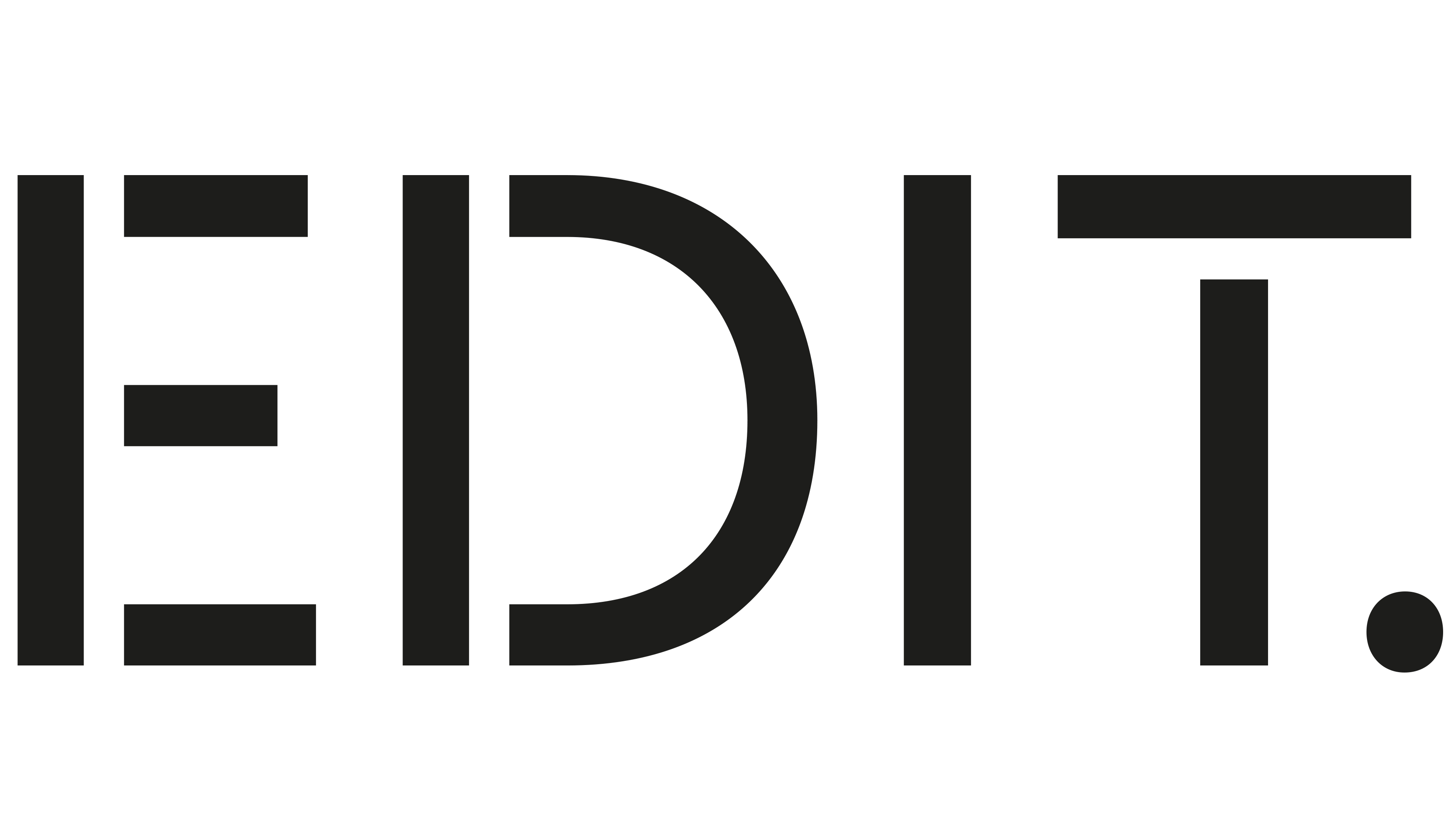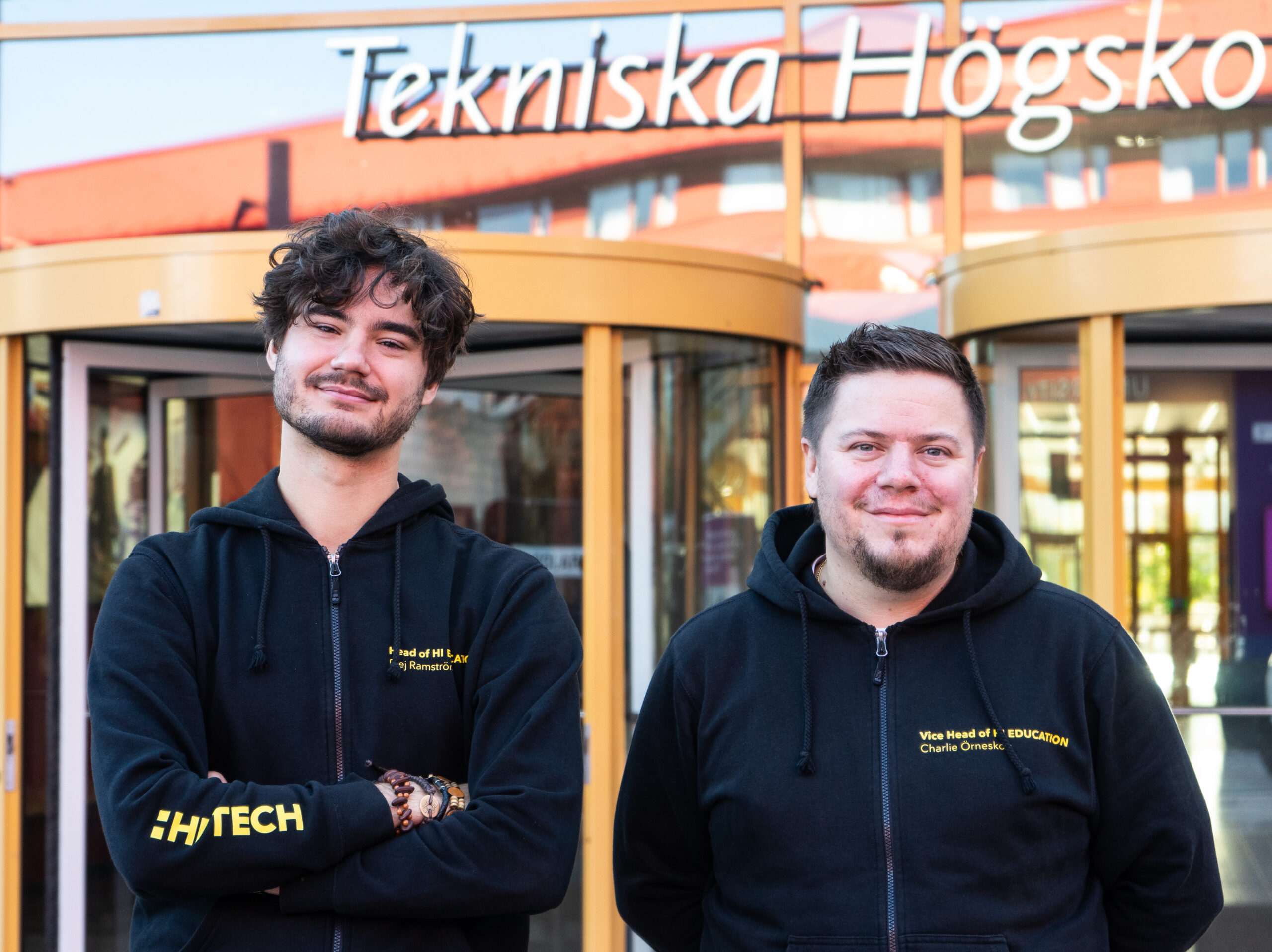With exam season coming to an end and the pressure of good grades taking over, it’s reasonable to wonder what happens when you get graded unfairly or when a course leaves a bitter feeling after its end. To answer these questions and to uncover who deals with such issues, we interviewed HI EDUCATION, the educational committee of the School of Engineering (JTH).
It would not be an exaggeration to state that HI EDUCATION is the backbone of JTH. As Frej Ramström, the Head of HI EDUCATION, told us, “We are the main link between students and teachers.” Whether it’s an educational complaint by a student or a conflict with a professor, it’s the committee’s responsibility to address the issue and take the necessary steps to resolve it, always keeping the student’s desires and interests in mind. To help find out about the problems on campus, the association appoints course developers for each individual class. These students are responsible for being the nearest contact point between HI EDUCATION and classmates who want to express any educational concern – so if there’s anything you don’t like about a course, reach out to your course evaluator!
Even though each case is addressed privately and anonymously, the end goal for HI EDUCATION is to improve the programs at JTH in their entirety. So apart from dealing with individual cases, their practical responsibilities also include frequent lunches with course developers, communication with the Student Union, program managers, and other JU staff to discuss what can be changed and how.
Interested in being a course developer yourself? “We usually head-hunt students directly after Kick-Off, but if anyone wants to become an evaluator, they are welcome to email us,” said Frej. Apart from having a direct impact on your education, being a course developer comes with some additional perks; namely, points towards your exchange semester application, a diploma that certifies your work, and a unique patch as well (the biggest perk at JU)!
An aspect of the educational quality that often goes unseen is the professors’ experience on campus, which the committee is actively attempting to improve. Apart from the annual Teacher of the Year award which students at JTH can vote for, the monthly Educational Council Meeting with program directors and the Associate Dean of Education helps express the teachers’ point of view on topics of an educational nature. These meetings are especially important after exam periods since that’s when HI EDUCATION can directly confront program managers about exam evaluation results.
When asked how he feels about being in HI EDUCATION, Charlie Örneskog, the Vice Head of the committee, said: “I’ve always liked working in teams, especially when it means improving the school and establishing new connections.” A common consensus within the team is that, even though the role takes a lot of time, it’s a great investment towards educational quality.
If you want to reach out to HI EDUCATION, you can send them a message on Instagram (@hieducation.jth), email them your concerns and suggestions, or just drop by their office on the 1st floor of the JTH building. Of course, they are also in constant contact with course developers and the Student Union, so there’s always a point of contact near you. And if you want to be part of HI EDUCATION, keep an eye out for posters on campus and their Instagram – who knows, maybe new positions might be opening soon…
When it comes to study tips, Charlie recommends studying on campus instead of at home. “I hide in the library from opening to closing […] because I like having home as a safe space where I don’t have to think about school.” Frej says you should “laminate your notes so your tears roll off”, but also study the boring stuff first to escape procrastination. As a general rule, the HI EDUCATION members also urge students to join one of the many associations at JU, since it’s a great way to make friends and have fun during your time here!
Evidently, educational quality stems from open feedback and communication between students and educators, and JU’s educational committees help facilitate this exact process. This way, JU does not only serve education that’s being consistently challenged by students, but it also creates a space where students can share their experiences and directly impact the future of their courses.
Writer: Chris Ntonis


